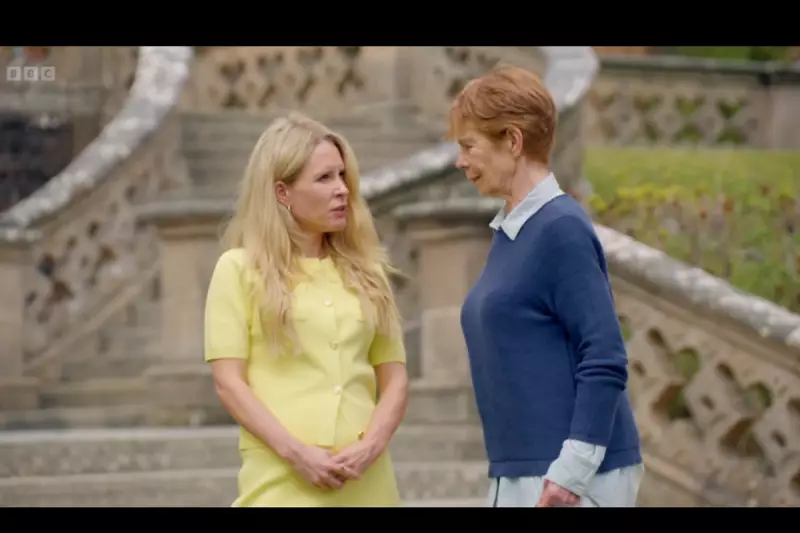
The nation remains gripped by the high-stakes drama of Celebrity Traitors, with psychological experts now revealing why Claudia Winkleman's masterful gameshow has become such compelling viewing. The BBC series, which pits celebrities against each other in a battle of wits and deception, taps into fundamental human instincts that explain its runaway success.
The Dark Allure of Deception
According to behavioural psychologists, the programme's appeal lies in its raw exploration of trust and betrayal. "We're hardwired to detect deception," explains Dr. Emily Foster, a social psychologist specialising in group dynamics. "Celebrity Traitors activates our innate suspicion radar while allowing us to play armchair detective from the safety of our living rooms."
Why Famous Faces Make Better Prey
The celebrity element adds an intriguing layer to the psychological drama. Viewers already have established perceptions of these public figures, making their potential betrayal even more compelling. "When we see someone we 'know' through fame being deceptive, it creates cognitive dissonance that's fascinating to watch unfold," notes media analyst James Peterson.
The Claudia Winkleman Effect
Host Claudia Winkleman's distinctive presenting style has been credited as crucial to the show's atmosphere. Her almost theatrical delivery and piercing gaze create an environment where paranoia thrives. "Winkleman masterfully cultivates an atmosphere of suspicion while maintaining just enough warmth to keep viewers engaged," observes television critic Sarah Wilkinson.
The Psychology Behind Our Viewing Habits
Experts identify several psychological factors driving the show's popularity:
- Schadenfreude: The pleasure derived from watching celebrities in uncomfortable situations
- Social learning: Observing how people navigate complex social dynamics
- Moral disengagement: Justifying deception when it's 'just a game'
- Group identity: Forming alliances with contestants from our sofa
The series has sparked broader conversations about trust in modern society and how readily people embrace deception when rewards are high. As the lines blur between entertainment and psychological experiment, Celebrity Traitors continues to dominate watercooler conversations across the UK.
With viewing figures soaring and social media buzzing with speculation each episode, it's clear this format has tapped into something fundamental about human nature. The question remains: are we fascinated by the traitors, or secretly wondering if we'd make good ones ourselves?





